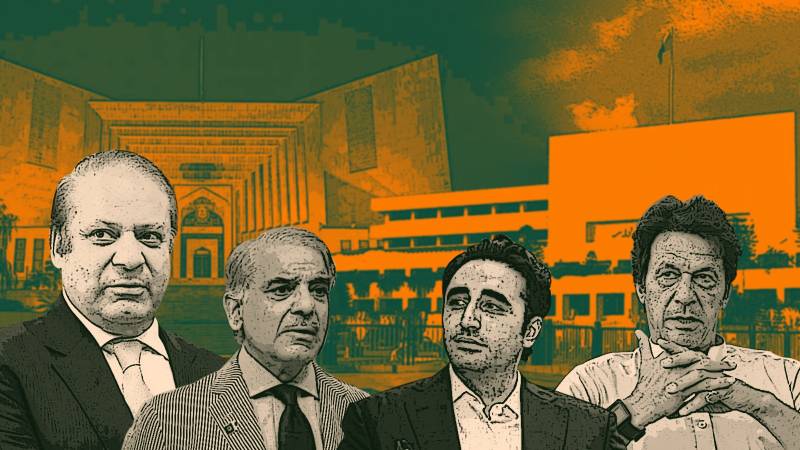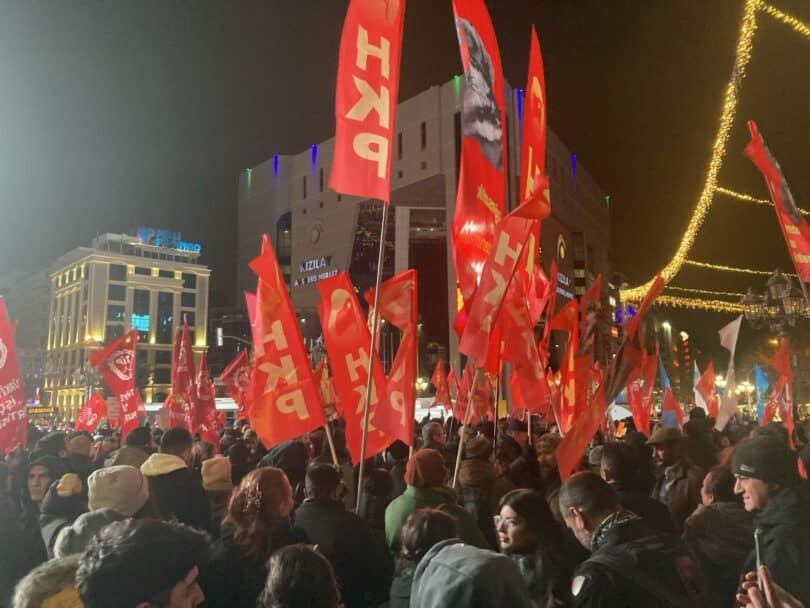by REBEKAH WALLACE

When medieval scholars sought to understand the nature of angels, they unwittingly laid the foundations of modern physics
What do the angelic forces of the Heavenly Host have to do with orgasms? The answer, according to the 12th-century philosopher and theologian Maimonides, was simple. Some invisible forces that caused movement could be explained by God working through angels. Quoting a famous rabbi who talked about ‘the angel put in charge of lust’, Maimonides commented that ‘he means to say: the force of orgasm … Thus this force too is called … an angel.’
Before the discovery of gravity, energy or magnetism, it was unclear why the cosmos behaved in the way it did, and angels were one way of accounting for the movement of physical entities. Maimonides argued that the planets, for example, are angelic intelligences because they move in their celestial orbits.
While most physicists would now baulk at angelic forces as an explanation of any natural phenomena, without the medieval belief in angels, physics today might look very different. Even when belief in angels later dissipated, modern physicists continued to posit incorporeal intelligences to help explain the inexplicable. Malevolent angelic forces (ie, demons) have appeared in compelling thought experiments across the history of physics. These well-known ‘demons of physics’ served as useful placeholders, helping physicists find scientific explanations for only vaguely imagined solutions. You can still find them in textbooks today.
But that’s not the most important legacy of medieval angelology. Angels also catalysed ferociously precise debates about the nature of place, bodies and motion, which would inspire something like a modern conceptual toolbox for physicists, honing concepts such as space and dimension.Angels, in short, underpin our understanding of the cosmos.
Angels have been around at least since Biblical times, and are described in various, and sometimes odd, ways. In the Book of Ezekiel, for example, the Cherubim have intersecting wheels sparkling like topaz that move them in all four directions without turning, and their ‘entire bodies, including their backs, their hands and their wings, were completely full of eyes, as were their four wheels’. However, aside from these googly-eyed angels, angels were also, as we can see from Maimonides, a way of explaining movement in the world. They were spiritual substances that could take on the appearance of corporeal beings, but also acted as invisible, intelligent, immaterial forces.
This view of angels as immaterial ‘intelligences’ became pretty standard in medieval philosophy and theology. But the scholastic period saw an increasing desire to systematise, systematise, systematise. The precise nature or essence of angels became a serious cause for debate, and these debates were not mere thought experiments. Rather, because of the real belief in the existence of angels, theologians and philosophers could think through angels as a way of understanding the nature of the physical world and things like place, bodies and motion. This was motivated by significant theological concerns. One concern was that, if angels are immaterial intelligences, then what makes them different to God? For us, our bodies are what make us limited, able to exercise force only directly, such as when I throw a ball. Does this mean angels, having no body, could exist everywhere or act at a distance? This was dangerous territory for theologians, potentially challenging God’s omnipresence and omnipotence.
Aeon for more










